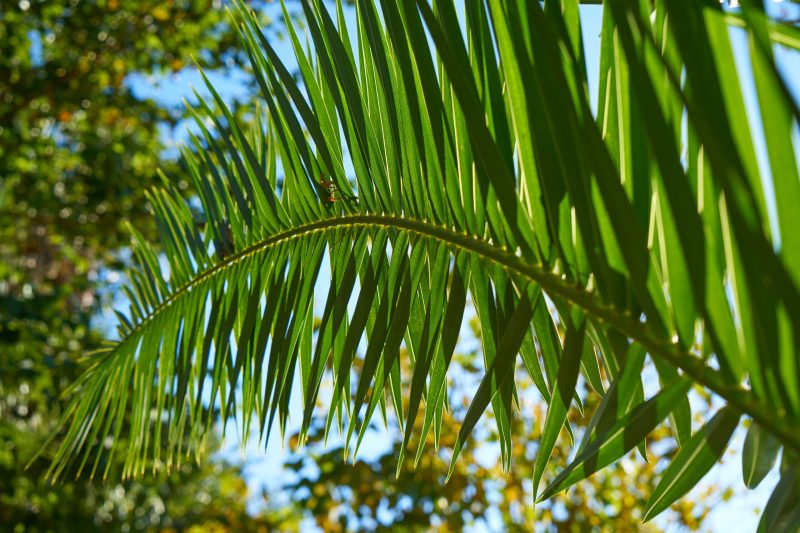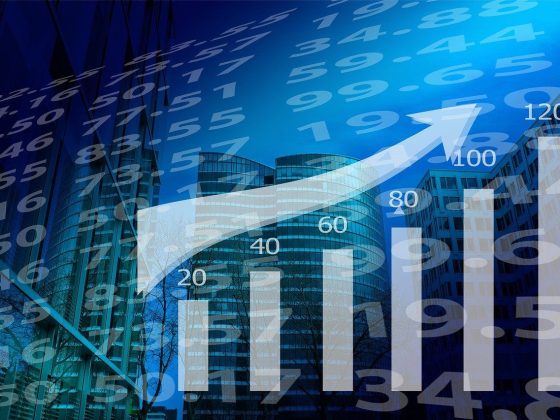Indonesia’s delay in implementing its B40 biodiesel mandate is creating ripples through the global palm oil market, raising questions about export volumes, domestic consumption, industry stability, and future pricing trends.
The initiative aimed to raise palm oil blending in biodiesel to 40% from the current 35%, but regulatory bottlenecks have stalled progress, leaving traders and producers in limbo.
As the world’s largest palm oil producer, Indonesia’s biodiesel policies significantly influence global markets, making the delay a pivotal development for traders.
What is Indonesia’s B-40 mandate?
Initially planned for rollout on 1 January 2024, the B40 mandate has yet to take effect due to the absence of technical regulations and official decrees.
The policy was expected to curb Indonesian palm oil exports by redirecting supply to domestic biodiesel production.
The delay has left biodiesel producers, such as members of APROBI, unable to finalise contracts, and state energy firm Pertamina awaiting clear directives to operationalise its refineries for B40 production.
For global palm oil traders, this uncertainty is significant.
The mere announcement of the B40 policy had already driven Malaysia’s benchmark palm oil prices nearly 20% higher earlier in 2024, as markets anticipated reduced exports from Indonesia.
The current impasse has now tempered those expectations, leaving traders to reassess the potential impact on supply chains, pricing, and overall market dynamics.
Indonesia palm oil exports
Indonesia’s annual allocation of 15.62 million kilolitres (4.13 billion gallons) of palm oil-based biodiesel for 2025 is critical to understanding the policy’s impact.
However, with implementation delayed, traders are struggling to estimate how much palm oil will remain available for export.
This uncertainty could disrupt market dynamics, particularly in neighbouring Malaysia, which competes for global palm oil demand, and potentially shift the balance of trade in the region.
Moreover, concerns about the scope of government subsidies for B40 have added to the confusion.
Analysts note that Indonesia may only subsidise biodiesel for non-industrial use, which accounts for less than half of the country’s demand.
If this materialises, the policy could fall short of its intended impact, undermining both domestic consumption targets and global market expectations.
This raises broader concerns about policy consistency in Indonesia’s biofuel strategy.
Palm oil price outlook
The delayed implementation of the B40 policy presents a mixed outlook for palm oil markets.
On the one hand, the uncertainty may cap bullish sentiment, as traders remain cautious about Indonesia’s ability to execute the mandate effectively.
On the other, any sudden progress in rolling out the policy could lead to rapid price adjustments, particularly if export volumes are curtailed, potentially reshaping global supply chains.
For Indonesia, resolving the bottlenecks is essential not just for domestic energy goals but also for maintaining its leadership in the global palm oil market.
Until then, traders and producers alike must navigate a landscape of shifting expectations, regulatory ambiguity, and uncertain timelines for a policy that could significantly impact the sector.
The post What Indonesia’s B40 biodiesel delay means for palm oil traders appeared first on Invezz


